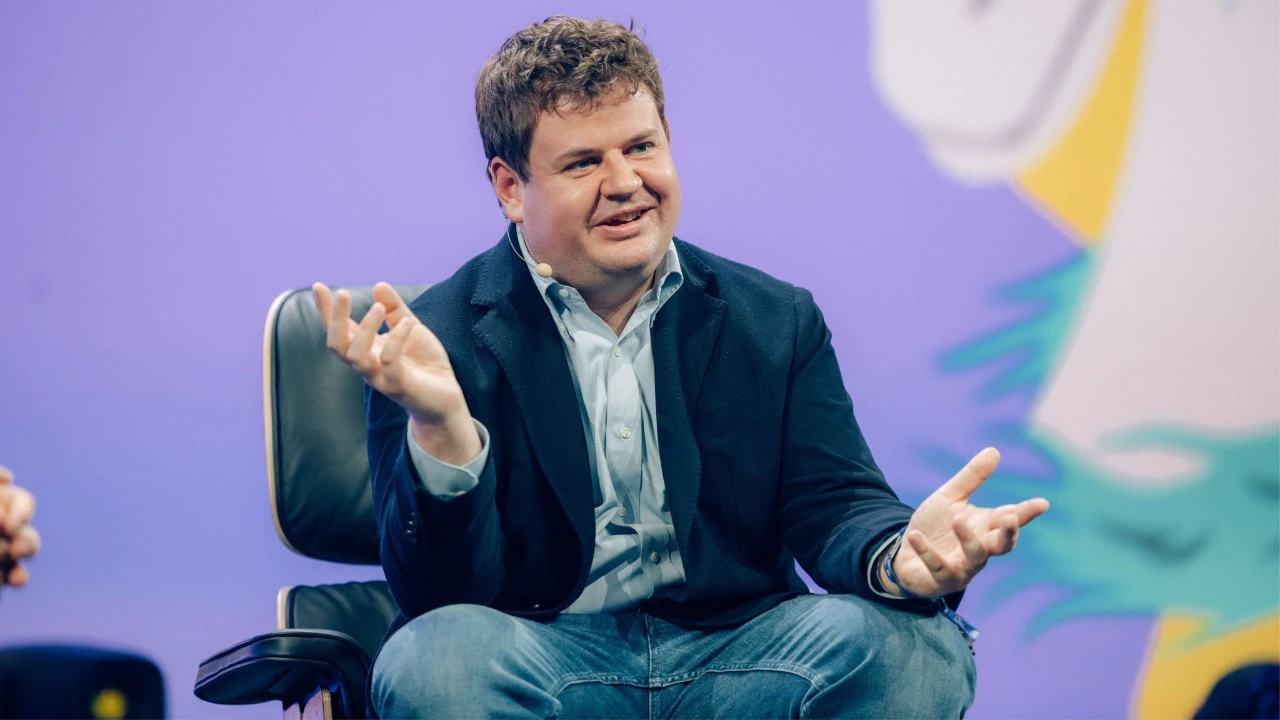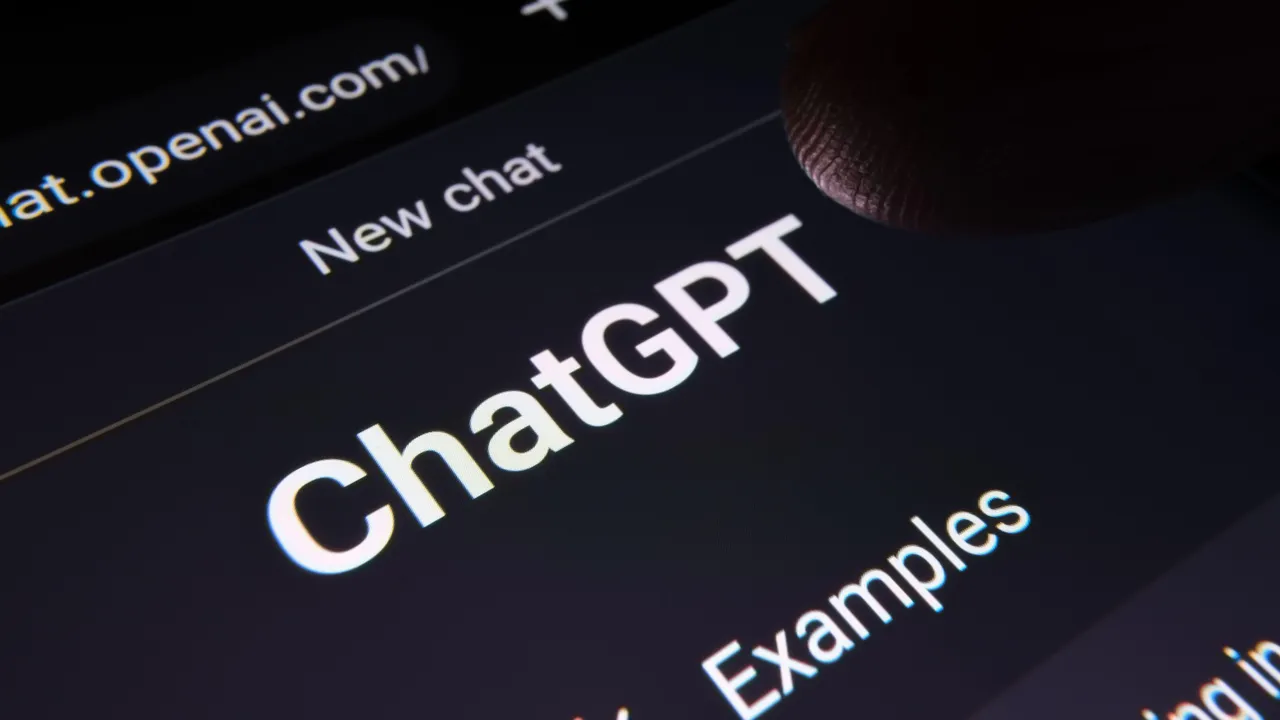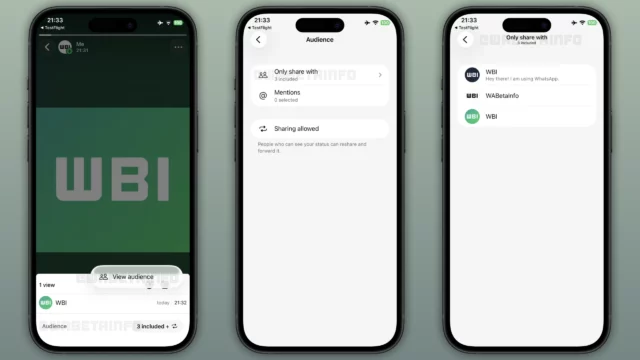OpenAI has a very ambitious future planned for its artificial intelligence chatbot, ChatGPT. When Nick Turley, President of ChatGPT, joined OpenAI in 2022, his primary mission was to commercialize the company’s research. He achieved great success with this goal, reaching 800 million weekly active users. Now, Turley aims to take a much bigger step: transforming ChatGPT into a new kind of operating system, replete with third-party applications.
OpenAI Draws Inspiration from Applications Running Inside Browsers for ChatGPT
Turley cites web browsers as his inspiration for this transformation. Over the past decade, browsers have become a new kind of operating system, albeit not in the traditional sense of the word like macOS or Windows. Because web applications have become the central hub for people working on computers. Turley envisions ChatGPT evolving in a similar way, becoming a platform that will transform the way people interact with software. This vision from OpenAI offers a different approach than the company’s previous initiatives, such as the GPT Store and plugins, which failed to gain the expected traction.

This new strategy aligns with OpenAI’s goal of transforming ChatGPT into an e-commerce hub. Incorporating services like Expedia, DoorDash, and Uber directly into ChatGPT as apps could facilitate more commercial transactions through the platform. This creates a significant business model for both third-party developers and OpenAI, which will be able to generate revenue from these transactions. Developers will now have the opportunity to be directly at the center of the daily chat experience of 800 million users, rather than operating in a separate storefront.
Of course, managing an operating system presents its own challenges. Issues like which apps will be prioritized over others pose significant questions. Turley notes that some companies are not ruling out the possibility of paying for their apps to be featured, but they are carefully considering how to do so without compromising the user experience. Furthermore, user data privacy is also a critical issue. OpenAI requires developers to collect only the minimum data necessary for the app’s functionality and promises transparency to users in this regard.
According to Nick Turley, this major transformation is a key part of OpenAI’s non-profit mission. ChatGPT is seen not only as a tool to fund the company’s research, but also as a “delivery vehicle” to bring the benefits of artificial general intelligence (AGI) to all of humanity. This new operating system vision could reshape the future role of AI.
So, what are your thoughts on this? What do you think of ChatGPT evolving into an operating system full of applications? Do you think this development could change your daily digital habits? Share your thoughts with us in the comments.














